
Effective January 2023, the organization will switch from Express Scripts to CVS Caremark.

Effective January 2023, the organization will switch from Express Scripts to CVS Caremark.

Many people ignored heart disease signs and symptoms during the COVID-19 pandemic — sometimes with grave consequences.
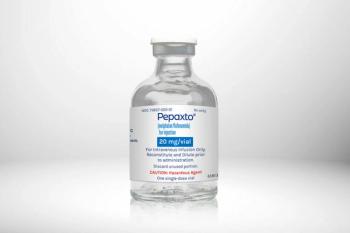
The multiple myeloma therapy now has a permanent J code under Medicare Part B.
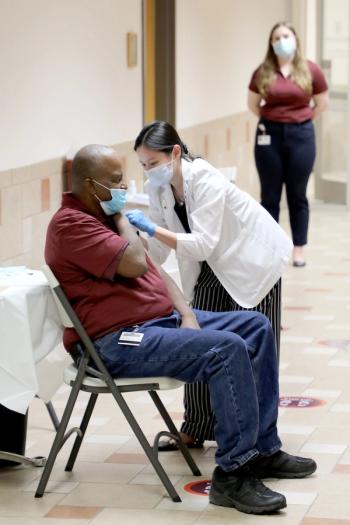
Healthcare organization serving 3.5 million people in communities throughout mid-Atlantic region announces vaccine requirement for workforce, board members and guests.

Trials result show that Lyumjev compares favorably to Humalog.

In this second part of a two-part video series, Briana Contreras, associate editor of MHE caught up with MHE Editorial Advisory Board member David Calabrese, who is market president of Health Plans/PBMs at OptumRx. Calabrese shared his thoughts on the approval of the Alzheimer’s drug Aduhelm, as well as the Biden Administration's interest in putting more generics and biosimilars in the market.

FDA approval of Lumakras was contingent on a trial testing lower doses. It could usher in a new era of optimal dosing instead of the maximum tolerated dosing.
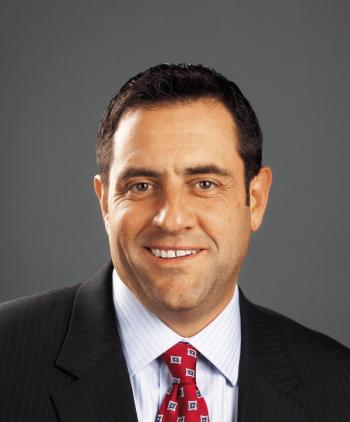
In this part one video, Briana Contreras, associate editor of MHE caught up with MHE Editorial Advisory Board member David Calabrese, who is market president of Health Plans/PBMs at OptumRx. Calabrese shared his thoughts on the approval of the Alzheimer’s drug Aduhelm, as well as the Biden Administration's interest in putting more generics and biosimilars in the market.

Another FDA approval and two additional applications for Keytruda have been submitted; a generic for Chantix and a sleep disorder treatment is approved; and a complete response letter has been issued for an anemia therapy.

New interoperability rules will soon empower individuals to access healthcare data from their smartphone.
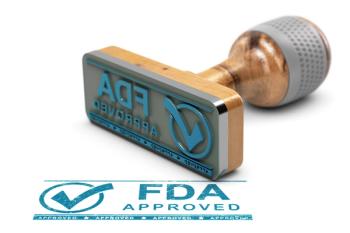
The confirmatory trial of one of the approved drugs, Pepaxto, was halted when data suggested it was associated with a higher mortality rate.

This is the first approval of generic version of Chantix, and it comes just weeks after a recall of the brand-name drug.

Accelerated approval and use of surrogate markers are among the friction points. But some see the OK as spawning a new generation of drug development for treating Alzheimer’s disease.
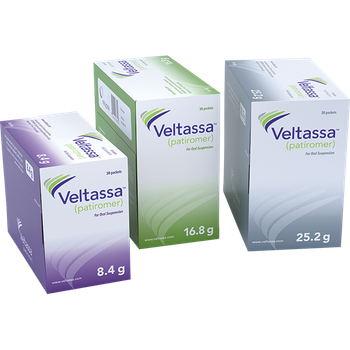
The potassium-lowering agent was associated with a 20% relative reduction in costs related to outpatient, inpatient, and emergency department visits.

To fully leverage SDOH information and provide more complete services throughout the care continuum in support of value-based care, payers should include community-based organizations (CBOs) in their value-based care network contracting strategies. Doing so creates a broadened, higher performing set of resources to keep people healthy and at home.
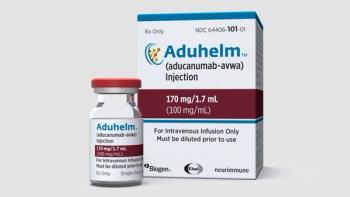
The VA recommends against offering this agent to patients with Alzheimer’s dementia, mild or otherwise.

At this time, two of three conferences have been reverted to a in-person and virtual format. This includes The American Urological Association (AUA) 2021 Annual Meeting and the Society for Immunotherapy of Cancer (SITC) 36th Annual Meeting.

Everything from the amount of daylight in a room to the timing of vital sign checks during the night can influence the sleep of patients in intensive care units and thus their recovery.

In this week's episode, editors of Managed Healthcare Executive, Peter Wehrwein and Briana Contreras caught up with MHE Editorial Advisory Board member David Calabrese, market president of Health Plans/PBMs at OptumRx, for another segment of the Meet the Board series. The three discussed Calabrese’s career history, his personal wellbeing lifestyle, and his thoughts on the approval of the Alzheimer’s drug Aduhelm, as well as the Biden Administration's interest in putting more generics and biosimilars in the market.

The program and proposed integrations could produce $15 million in savings annually.

A new meta-analysis summarizes the dangers posed sleep apnea, which include a doubling of the risk of sudden death from cardiac causes. It is still unclear whether continuous positive airway pressure (CPAP), one of the main treatments for obstructive sleep apnea, lowers that risk.
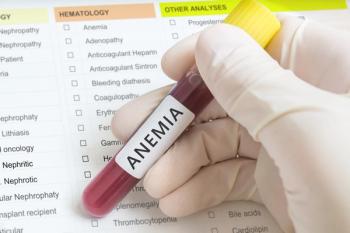
The decision follows an advisory committee recommendation not to approve because of safety issues.

Artificial intelligence can help deal with everyday problems such as prior authorization and high utilization. But payers are also eyeing it for loftier purposes.

Libtayo also reduced the risk of death by 29% compared with chemotherapy alone.

Bridging the precision medicine gap.

NCCN adds Rylaze to guidelines soon after was approved by the FDA and a British company reports positive results for its CAR-T therapy.
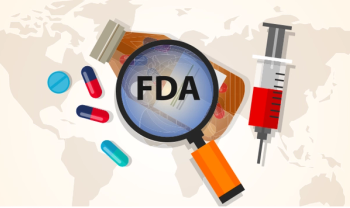
The FDA’s controversial approval of Aduhelm (aducanumab) has put a spotlight on the accelerated approval pathway that the agency used to approve the drug.

The American Academy of Ophthalmology says biosimilar alternatives to Avastin have never been tested in the eye.

One-quarter of Medicaid claims result in a denial of payment for at least one service included in the claim compared with just 7.3% of claims submitted to Medicare and 4.8% of claims submitted to commercial insurers

Previously patients administered as two, 75-mg shots. Now they can inject a single 150-mg dose.